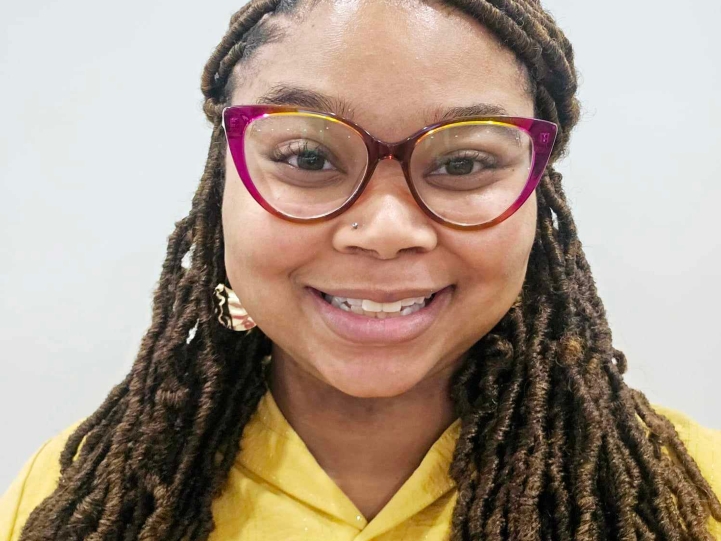
5 People That All HESA Grad Students Should Talk to Before Graduating
New Professionals and Graduate Students Graduate
February 4, 2025
1. Talk to the director/coordinator of your graduate program.
The director of your graduate program has been appointed to be the director for a reason! They are someone who you should talk to regularly throughout the semester, and your conversations should be a two-way street. Get to know their story, their motivations, and their future plans in higher ed while allowing them to learn about your own post-graduation goals and vision.
2. Talk to the director of the department for which you work as a graduate assistant (or talk with your supervisor’s supervisor).
Now this one may be tricky because of busy schedules and demanding responsibilities, but talking with the individual who oversees your unit or department could be beneficial. (If your supervisor is the director, then I suggest speaking with their supervisor.) By meeting with the director, you may gain a better understanding of your department’s overall purpose and goals. You may also gain a better understanding of why your own supervisor operates the way they do and gain more context that you wouldn’t have otherwise.
3. Talk to the Vice President/Vice Chancellor of Student Affairs (VPSA) at your institution.
As a graduate student, I was fortunate to have a VPSA who was easily accessible on campus and who was involved with my master’s program. He co-taught one of our courses, so it didn’t take much for me to set up a couple of meetings with him to pick his brain. I spent those meetings asking for advice on which functional area to work in, learning more about his role as the VPSA, and asking questions about the job search in general. You may identify a different purpose for meeting with your own VPSA, but I encourage you to initiate those talks, regardless of the discussion topics. You never know what helpful insights they may have or what contacts they may know that will help you in your professional journey. Not to mention, VPSAs are full of institutional knowledge that may help you gain understanding and better support students in your current campus job.
4. Talk to someone on your campus who is in a role that you’re interested in.
Don’t worry; talking to them doesn’t mean you are officially committed to pursuing that role exclusively in your job search. If you are someone who has an idea of what kind of student affairs work they’d like to be doing, it’s a great idea to speak with the person (or people, if you have the time) doing that work currently on your campus. This will benefit you by giving you insight that you might not already have about the job responsibilities and about how the role might look on other campuses. It will also benefit you by allowing you to add at least one more person to your professional network, and every person counts! As I stated above, you never know what contacts that person has. Who knows, they may even be able to put you in contact with someone who is hiring for that role in your dream region/city/etc.
(I will also add this: if the person that comes to mind is the same person as #1 or #2, then I encourage you to seek out someone at a nearby institution instead. A few cold calls and emails never hurt nobody.)
5. Lastly, talk to someone you’ve connected with professionally outside of your institution.
I really can’t stress this one enough. It’s a great feeling to realize that your network transcends state borders, and it’s an even greater feeling to have a sense of community outside of the community you’ve built on your campus. The way to get connected could look different for everyone. For me, NASPA has been a game changer for networking and has allowed me to establish relationships with other student affairs professionals across the nation. When connecting with others, I’m able to learn about how higher ed practices differ by institution and how various laws and policies impact my fellow practitioners. By attending conferences, participating in various webinars, and getting involved with the NASPA GAP program and now the NPGS Steering Committee, I have not only connected with other professionals, but I have found multiple mentors and have developed friendships that encourage me in my student affairs journey. I strongly encourage you to do the same.